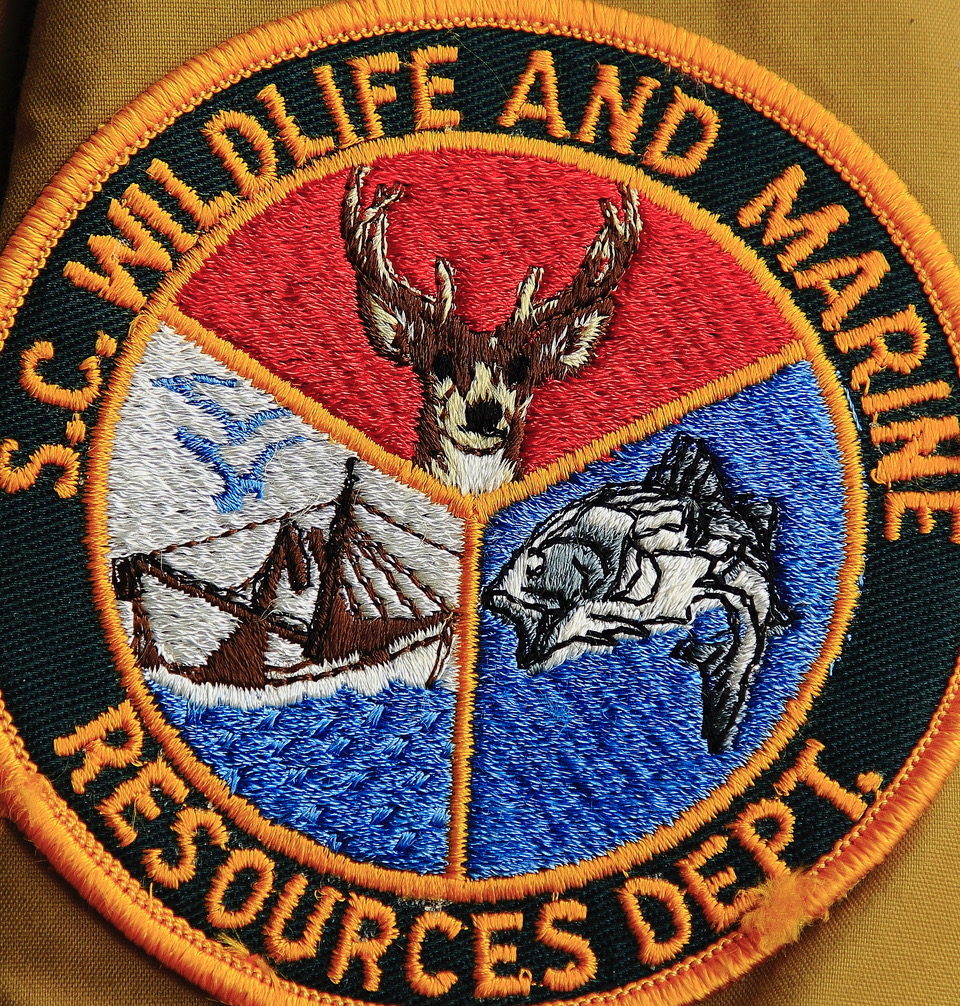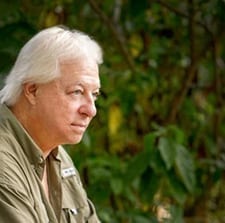My SC Wildlife Dream Machine
July 27, 2023By Tom Poland
I grew up in a large hardwood forest in Georgia, and I rambled in woods every chance I got. I saw deer, wild turkey, ducks, and coveys of quail. When they flushed, it sounded like a bomb going off. Hunting—that was my boyhood dream.
In the early 1960s I read Outdoor Life cover to cover. I dreamed of appearing in its stories. I was eager to wear fine hunting apparel and own exquisite firearms. Freezing in a duck blind? That was for me. Birds on the wing? Count me in. Outwitting a whitetail buck? That was the supreme dream, except for a big problem. No one taught me anything about hunting but I dreamed on, being quick to notice deer stands, a field edge haunted by quail, and a brace of mallards soaring over a lake.
Seeing a buck in dappled sunlight just about did me in, but my life as an outdoorsman was not to be. The years stacked up, dreams of hunting faded, and then fate gifted me. I landed a job with the South Carolina Wildlife and Marine Resources Department (SC DNR) as a wildlife writer.

Dreams of hunting gave way to writing dreams at the old South Carolina Wildlife and Marine Resources Department.
The boss of bosses, John Cullar, a Georgian also, believed with all his heart that writers need to experience what they write about. And so a Georgia boy whose hunting resume read “Squirrels Only” was about to experience a real hunting adventure at a place that exuded natural, cultural, and architectural splendor. Bonneau Ferry, once known as Prioli, sat on the Cooper River’s eastern branch. The original plantation stretched 14 miles along the river and flaunted 1,300 acres of rice fields and 8,000 acres of forestlands. The site harbored a wealth of cultural resources, including an 18th-century plantation house and ruins. All this beauty, wildness, and culture found a home. SC DNR acquired Bonneau Ferry in 2005. Back when Westvaco owned Bonneau, it hosted the media, the centerpiece of which was an autumn deer hunt. I went to get experience and an education.
We departed Columbia on an October afternoon when sunlight pours down like golden honey and blue shadows slant across highways. Entering Bonneau ferry we drove through twin ranks of moss-draped live oaks, the quintessential South. Attendants in tuxedos greeted us with silver trays laden with cocktails and cigars. Our host welcomed us and laid out the rules for the morning hunt.
Out back, men were shooting clay pigeons along the banks of the Cooper. The air had a chill to it. Hearts filled with joie de vivre. Men were living a dream.
The fragrance of fine cigars drifted throughout the well-appointed house. That and camaraderie evoked the kind of life Ernest Hemingway must have lived. Many years later, a chance encounter with a fellow who had been there stirred up a memory. “You could open any cabinet in the house, and it would be full of all kinds of brands of liquor, cigarettes, and cigars.”
I rose at 4:30. Coffee lured me into the breakfast room. Cooks in white aprons brandished cast iron skillets as big as snowshoes. After breakfast, I boarded a pickup full of hunters and the truck dropped me off at my stand. Up I went.
As the east lightened, a flock of wild turkeys passed near my stand and soon a patch of brush seemed to move. Materializing like a spirit, a buck with a small, asymmetrical rack came down the trail. I had a decision to make. Should I shoot this animal? The rule concerning asymmetrical racks said, “You must.”
Bonneau Ferry gave me a glimpse of the old South and something else —a memorable start to my career at SC Wildlife. Looking back it’s hard to believe I’ve been gone thirty-six years. Even harder to believe the magazine turns 70 in 2024. Bonneau Ferry took me back as well to days spent dreaming over Outdoor Life. How fitting that John Cullar left SC Wildlife to become the executive editor at Outdoor Life, the source of my boyhood dreams. In a way, I had come full circle with years of writing waiting down the road.
Georgia native Tom Poland writes a weekly column about the South, its people, traditions, lifestyle, and culture and speaks frequently to groups in the South. Governor Henry McMaster conferred the Order of the Palmetto upon Tom, South Carolina’s highest civilian honor, stating, “His work is exceptional to the state.” Poland’s work appears in books, magazines, journals, and newspapers throughout the South.
Visit Tom’s website at www.tompoland.net
Email him at [email protected]















